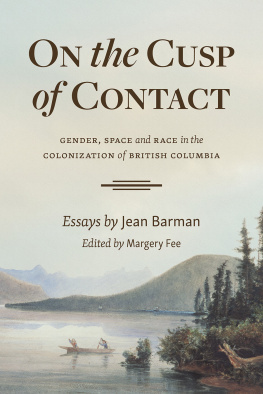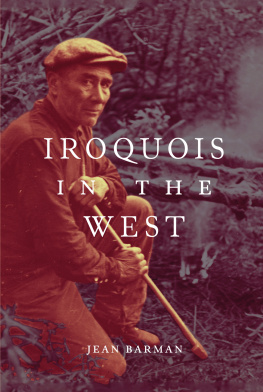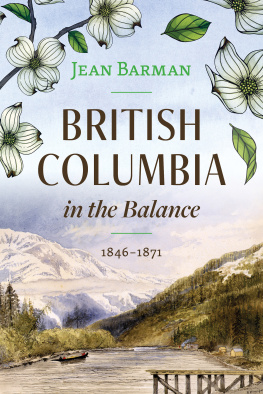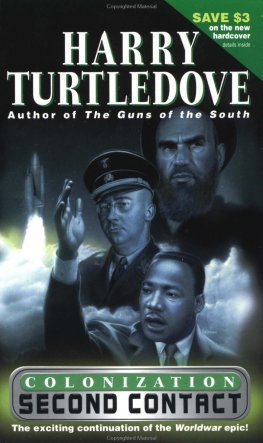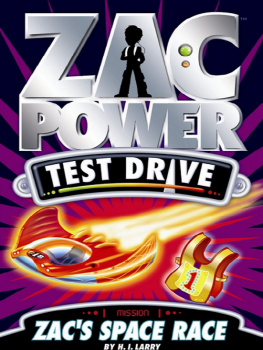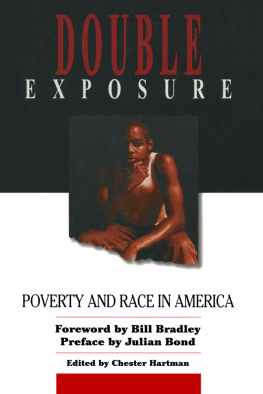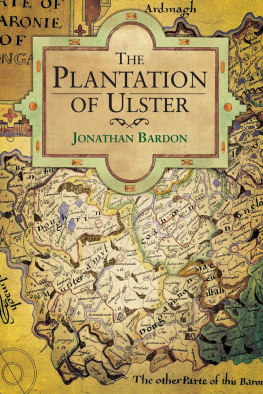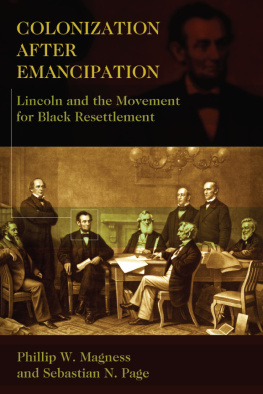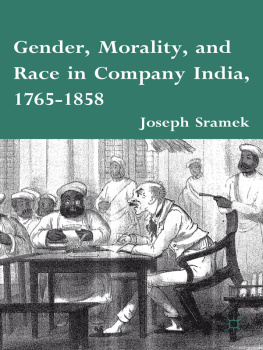jean Barman - On the Cusp of Contact ; Gender, Space and Race in the Colonization of British Columbia
Here you can read online jean Barman - On the Cusp of Contact ; Gender, Space and Race in the Colonization of British Columbia full text of the book (entire story) in english for free. Download pdf and epub, get meaning, cover and reviews about this ebook. year: 2020, publisher: Harbour Publishing Co. Ltd., genre: Home and family. Description of the work, (preface) as well as reviews are available. Best literature library LitArk.com created for fans of good reading and offers a wide selection of genres:
Romance novel
Science fiction
Adventure
Detective
Science
History
Home and family
Prose
Art
Politics
Computer
Non-fiction
Religion
Business
Children
Humor
Choose a favorite category and find really read worthwhile books. Enjoy immersion in the world of imagination, feel the emotions of the characters or learn something new for yourself, make an fascinating discovery.
- Book:On the Cusp of Contact ; Gender, Space and Race in the Colonization of British Columbia
- Author:
- Publisher:Harbour Publishing Co. Ltd.
- Genre:
- Year:2020
- Rating:5 / 5
- Favourites:Add to favourites
- Your mark:
- 100
- 1
- 2
- 3
- 4
- 5
On the Cusp of Contact ; Gender, Space and Race in the Colonization of British Columbia: summary, description and annotation
We offer to read an annotation, description, summary or preface (depends on what the author of the book "On the Cusp of Contact ; Gender, Space and Race in the Colonization of British Columbia" wrote himself). If you haven't found the necessary information about the book — write in the comments, we will try to find it.
On the Cusp of Contact ; Gender, Space and Race in the Colonization of British Columbia — read online for free the complete book (whole text) full work
Below is the text of the book, divided by pages. System saving the place of the last page read, allows you to conveniently read the book "On the Cusp of Contact ; Gender, Space and Race in the Colonization of British Columbia" online for free, without having to search again every time where you left off. Put a bookmark, and you can go to the page where you finished reading at any time.
Font size:
Interval:
Bookmark:
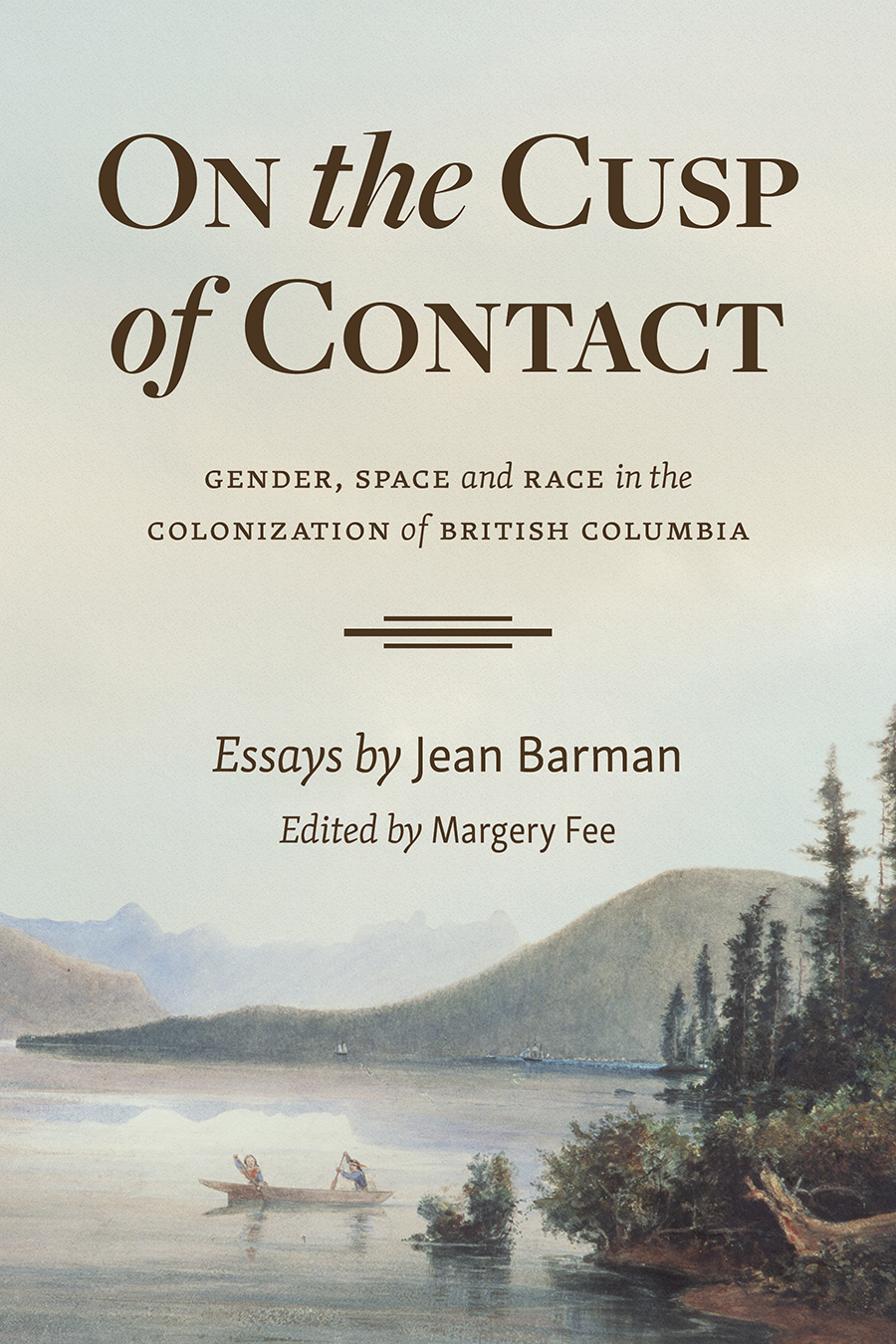
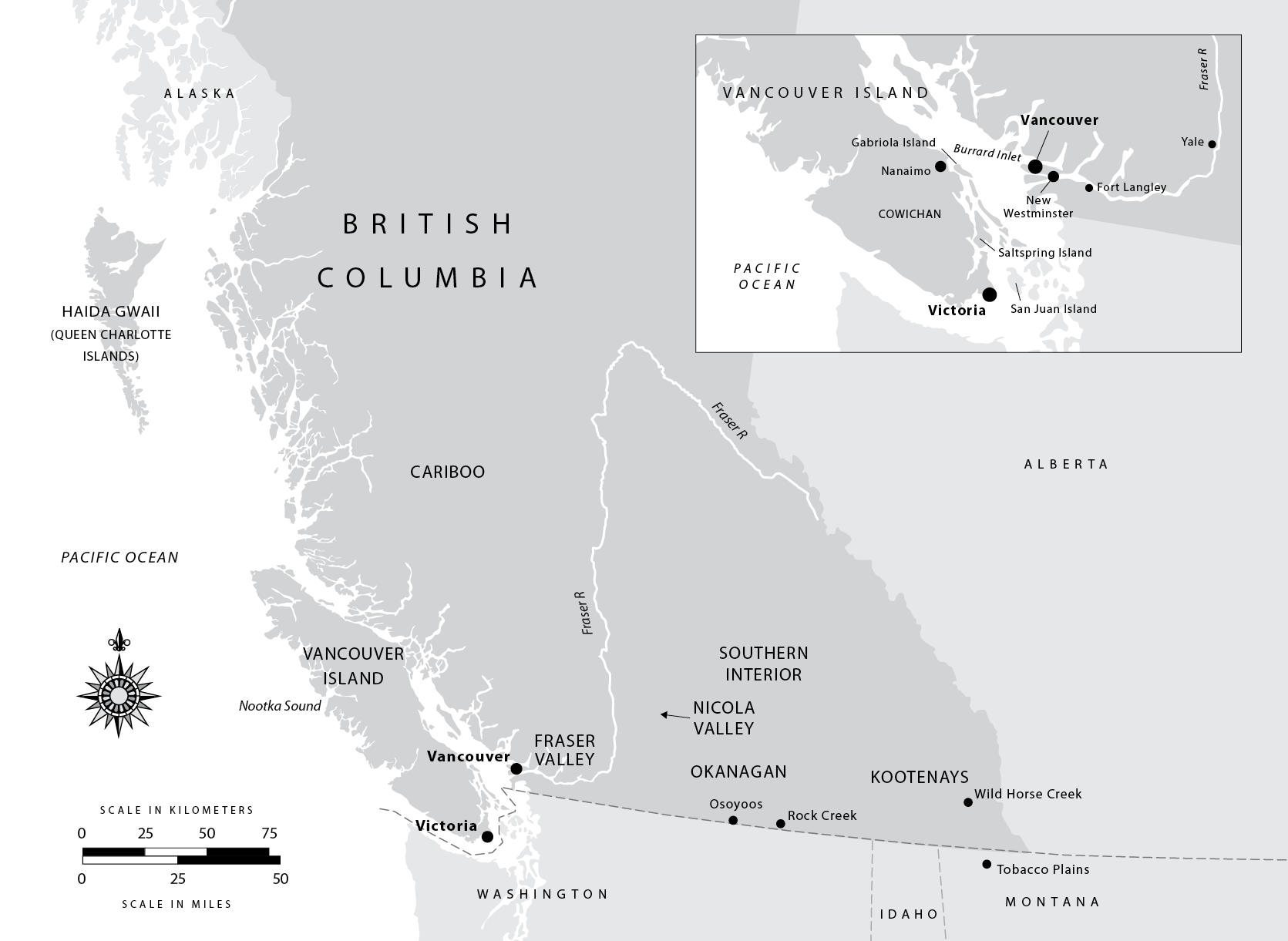
Gender, Space and Race inthe Colonization of British Columbia
Essays by Jean Barman
Edited by Margery Fee

Copyright 2020 Jean Barman
Introduction 2020 Margery Fee
All rights reserved. No part of this publication may be reproduced, stored in a retrieval system or transmitted, in any form or by any means, without prior permission of the publisher or, in the case of photocopying or other reprographic copying, a licence from Access Copyright, .
Harbour Publishing Co. Ltd.
P.O. Box 219, Madeira Park, BC , V 0 N 2 H 0
www.harbourpublishing.com
Edited and indexed by Audrey McClellan
Cover and text design by Shed Simas / Ona Design
Map by Roger Handling
Cover image: Detail from Entrance to Howe Sound from Mouth of False Creek (ca. 1887) by Edward Roper, Art Gallery of Greater Victoria
Printed and bound in Canada
Printed on acid-free paper certified by the Forest Stewardship Council



Harbour Publishing acknowledges the support of the Canada Council for the Arts, the Government of Canada, and the Province of British Columbia through the BC Arts Council.
Library and Archives Canada Cataloguing in Publication
Title: On the cusp of contact : gender, space and race in the colonization of British Columbia / essays by Jean Barman ; edited by Margery Fee.
Other titles: Essays. Selections
Names: Barman, Jean, author. | Fee, Margery, 1948- editor.
Description: Includes bibliographical references and index.
Identifiers: Canadiana (print) 20190229039 | Canadiana (ebook) 20190229098 | ISBN 9781550178968 (softcover) | ISBN 9781550178975 ( HTML )
Subjects: LCSH : Frontier and pioneer lifeBritish Columbia. | LCSH : British ColumbiaColonization. | LCSH : British ColumbiaRace relations. | LCSH : British ColumbiaSocial conditions.
Classification: LCC FC 3811 . B 34 2020 | DDC 971.1dc23
The past cannot be undone, but it can be redressed. As historians, we do this by adding new layers of understanding, principally through our writing, to the usual measures perceived to have meaning. For me, redress has meant integrating the history of Indigenous education in Canada into the scholarship long before it was fashionable to do so. It has meant, in the essays that follow, changing terms I used to name Canadas first peoples to Indigenous. In writing as I do, I have drawn on insights from politics, education, and librarianship, in which fields I have graduate degrees.
Most importantly, I was privileged to teach in a faculty of education, meaning I was not weighed down by traditional disciplinary measures of worth as to how we conceive and write about the past. Some topics, such as the everyday lives of women and of Indigenous peoples, survive in good part in human memory, and I have had the honour of many descendants sharing their families stories and pictures with me on the understanding I would act responsibly and honestly in my use of them. I would like to think I have done so, and thank you, each and every one, for your generosity of spirit.
I am amazingly grateful to the eminent literary historian Margery Fee, who, without my foreknowledge, decided that essays I had written over the years merited re-publication as a collection, and to Audrey McClellan, Arlene Prunkl, and Rebecca Pruitt MacKenney for insightfully editing and updating the essays. My initial resistance to the project was overcome by my realization on rereading the essays, foregrounded by Margerys astute introductions, that, yes, they do matter. Indeed, the essays may matter more now than when they were first published, given changing perspectives on Indigenous women and Indigenous schooling.
Jean Barman
With Yvonne Hbert and Don McCaskill, Indian Education in Canada: vol. 1, The Legacy and vol. 2, The Challenge (Vancouver: UBC Press, 1986 and 1987); with Marie Battiste, First Nations Education in Canada: The Circle Unfolds (Vancouver: UBC Press, 1995); and with Cheryl Suzack, Jeanne Perreault, and Shari Huhndorf, Indigenous Women and Feminism: Politics, Activism, Culture (Vancouver: UBC Press, 2010).
In volume 13 of Dictionary of Canadian Biography online, early British Columbia settler William Naukana of indigenous Hawaiian descent who had children by two or more Indigenous women; in volume 15, early British Columbia settler William Curran from the United States, who had large families with two Indigenous women in succession; and in volume 16, British Columbia writer Constance Lindsay Skinner, who made her career in New York City, and British Columbian of Indigenous Canadian and Hawaiian descent Maria Mahoi, who had large families in succession with an American whaler and with the son of an establishment Englishman and an Indigenous woman.
See Selected Works by Jean Barman.
Margery Fee
Inspired by her Taming Aboriginal Sexuality, I started to track down Jean Barmans work. I quickly became frustrated because many of her articles could only be found in non-circulating periodicals in the library stacks. As I worked my way through the list, each volume fell open, as if by magic, at the first page of her article. Others had been there before me. This collection will free Barman fans from the stacks and the photocopier and bring some of her important work to the attention of a broader audience.
I had certainly met Jean Barman before I went to a feast at Kwantlen First Nation to welcome the nations new babies. On arrival, I spotted Jean chatting to a small group and overheard her say, So have you tracked those Hawaiian relatives? She seems to be a cross between everyones favourite auntie and
The study of how new social formations emerge out of such contact and how men and women make lives for themselves within often stringent economic and social constraints uncovers some fascinating life stories. Barmans writing reveals the frontier, that space between contact and settlement, where, for a brief moment, anything seems possible. These transitional moments allow for lives to break with expected narratives; often only traces of these stories survive in official histories, written once the winners take charge. The grip of the federal regulations on Indigenous people in British Columbia was slow to tighten in the early period, and during that time things went differently, revealing that the law was based on categories that need not necessarily ever have applied.
The West beyond the West, as Barman calls British Columbia to distinguish it from other more famous wests, is geographically, socially, and historically distinctive. As a result, any history of the province reconfigures the usual narratives of national history from the other side of the Rockies. Further, the narrower focus in this collection on those people excluded even from most provincial histories is based on much that eastern Canadian historians can no longer access. Because the far west was colonized so recently, Barman was able to talk to those who lived through some of the early history of the province or remembered stories passed down in their families, so that in this collection, archival and documentary sources are supplemented by oral history. Even today, British Columbia qualifies as remote from the national capital (a four-and-a-half-hour flight to Ottawa and a three-hour time difference). The early history of the province features San Francisco, Honolulu, and Canton (Guangzhou) rather than Ottawa, New York, London, or Paris. As Barman puts it, Vancouver [is] a cosmopolitan city amidst one of the worlds last frontiers.
Font size:
Interval:
Bookmark:
Similar books «On the Cusp of Contact ; Gender, Space and Race in the Colonization of British Columbia»
Look at similar books to On the Cusp of Contact ; Gender, Space and Race in the Colonization of British Columbia. We have selected literature similar in name and meaning in the hope of providing readers with more options to find new, interesting, not yet read works.
Discussion, reviews of the book On the Cusp of Contact ; Gender, Space and Race in the Colonization of British Columbia and just readers' own opinions. Leave your comments, write what you think about the work, its meaning or the main characters. Specify what exactly you liked and what you didn't like, and why you think so.

